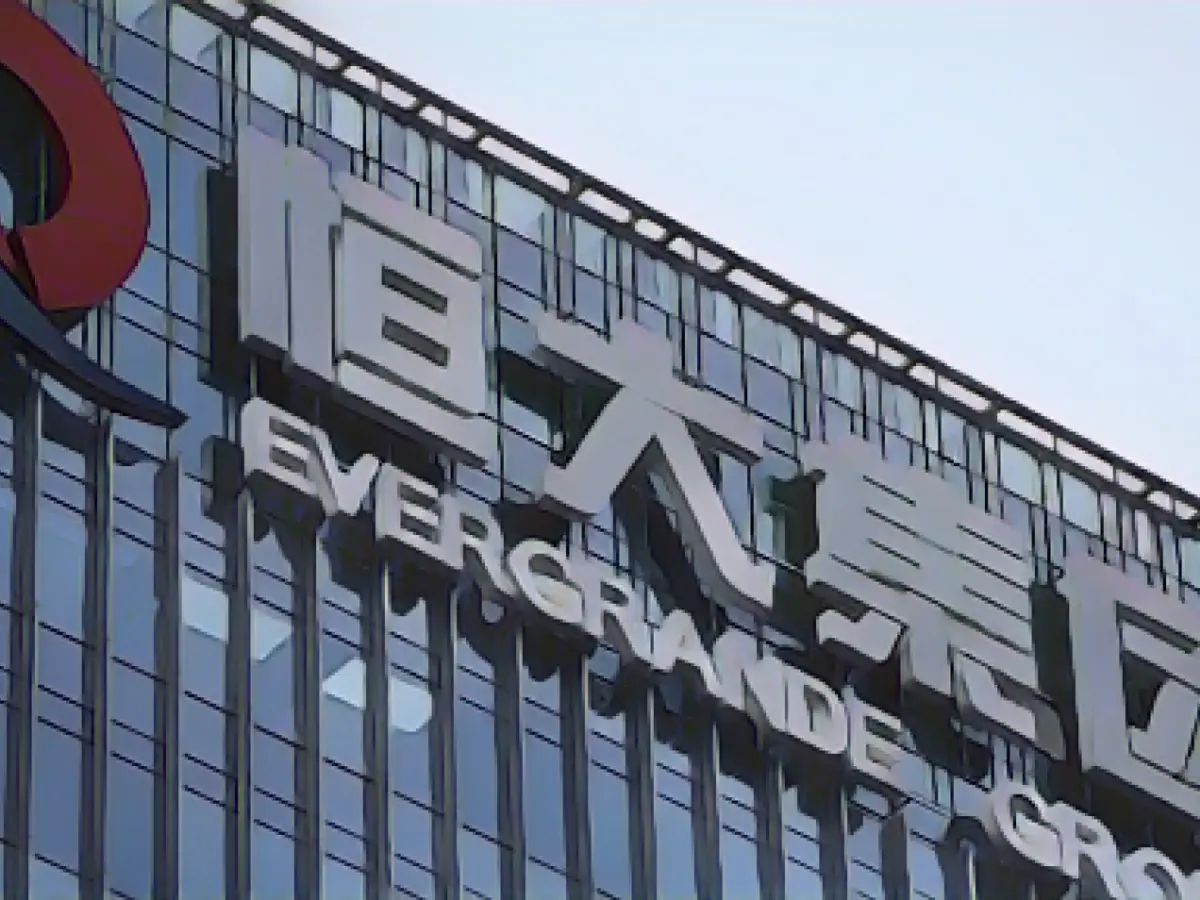China - Court grants Evergrande another postponement for restructuring plan
Hong Kong's Supreme Court has once again granted the highly indebted real estate group China Evergrande a postponement for its restructuring plan. Judge Linda Chan surprisingly postponed the decision until January 29 of next year, as several media reported on Monday.
The property developer from southern China, which has the equivalent of more than 300 billion US dollars (around 275.7 billion euros) in debt, is threatened with liquidation. Creditors from abroad had taken the company to court because it had already missed several payments.
Chan had already said at the previous hearing that this would be the last postponement and that she would very likely agree to liquidation if China Evergrande did not find a plan for restructuring with its creditors. According to the reports, however, the lawyers of the Hong Kong-listed group have now held out the prospect of being able to reach an agreement with the lenders in the coming weeks.
What would liquidation mean?
A liquidation would mean that an insolvency administrator would turn the company into cash and pay out the creditors. Some experts are of the opinion that a liquidation would return less money to creditors than a restructuring. According to reports, China Evergrande also argued this in court. The group has been trying to submit a restructuring plan since 2022, but has always failed so far. Its founder and once China's richest man, Hui Ka Yan, is being investigated by the Chinese authorities.
Like many other real estate groups, the company has been in a serious crisis for some time because it is earning significantly less on the depressed real estate market, is finding it harder to obtain state support and can no longer service its loans.
"The Evergrande case also shows that the era of large private real estate developers in China is coming to an end," says Max Zenglein from the Merics China Institute in Berlin. If Chan decides to wind up China Evergrande, this could also have an impact on other companies. "One challenge for the government will be to prevent domino effects in the economy caused by major bankruptcies," says Zenglein.
Read also:
- The postponement grants China Evergrande Group more time to negotiate a reorganization plan with its creditors, effectively pushing back the decision until January 29, 2023.
- The US dollar value of Evergrande's debt exceeds 300 billion, placing the Real Estate Group in a precarious position, causing concern in financial markets worldwide.
- The liquidation of Evergrande would involve turning the company into cash and distributing the proceeds among its creditors, a scenario that many experts believe would yield less return than a reorganization plan.
- South China's Real Estate Group has been grappling with a protracted crisis due to lower earnings in the depressed real estate market, challenges in securing government support, and difficulties servicing its loans.
- The potential liquidation of Evergrande could result in significant ramifications for other companies in the Real Estate sector in China, as well as triggering potential economic domino effects that the Chinese government would need to mitigate.
- The ongoing crisis at Evergrande Group underscores the waning era of large-scale private Real Estate developers in China, as suggested by Max Zenglein from the Merics China Institute in Berlin.
Source: www.stern.de








